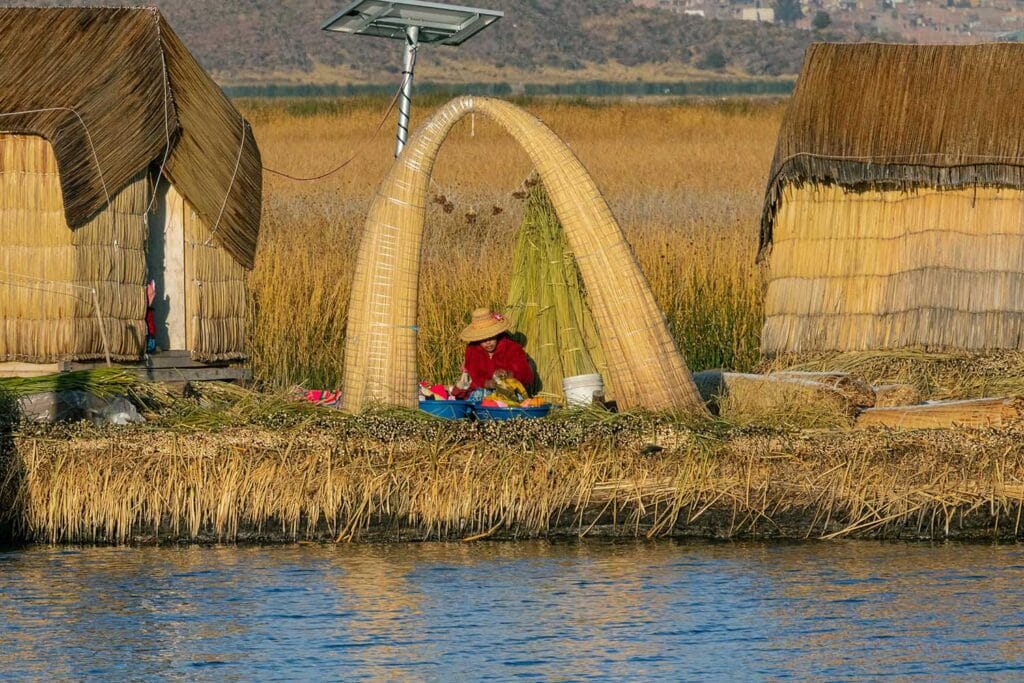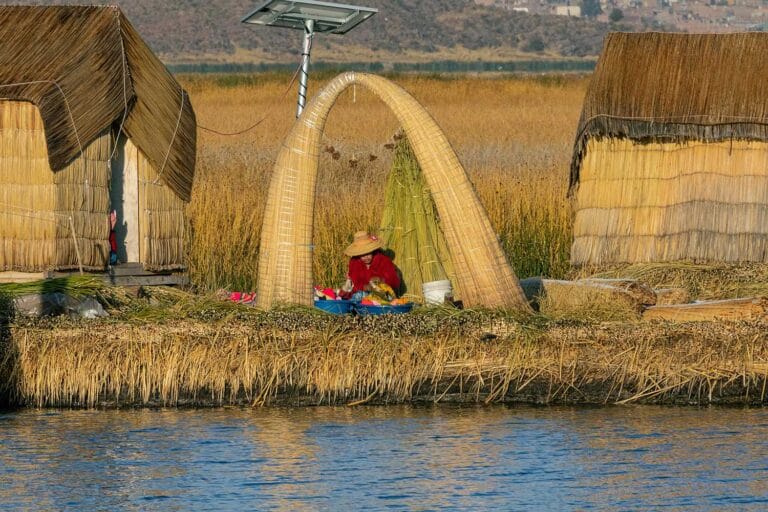Introduction
As Assam, like the rest of India, faces the growing challenges of climate change, resource depletion, and environmental degradation, the need for sustainable living has become more urgent than ever. Around the world, individuals, communities, and governments are embracing practices that help reduce environmental footprints while promoting a healthier planet. From renewable energy adoption to zero-waste movements, the global push toward sustainability offers valuable lessons.
For Assam, which boasts rich biodiversity and vast natural resources but also faces its own environmental challenges—from floods to deforestation—there is a growing need to explore global trends in sustainable living. By learning from these global practices and tailoring them to suit the local context, Assam can build a greener, more resilient future for its people.
In this article, we explore some of the most inspiring global trends in sustainability and discuss how Assam can adapt and benefit from these practices to move forward on its sustainability journey.
1. Renewable Energy Adoption: Powering Assam’s Future
Reducing our dependence on fossil fuels is one of the most important steps toward achieving sustainability. Across the world, nations are transitioning to renewable energy sources like solar, wind, and hydropower, paving the way for a greener future. Countries such as Germany, Denmark, and Sweden have been leading this clean energy revolution, and their models offer key takeaways for Assam.
Germany: Energiewende (Energy Transition)
Germany’s ambitious Energiewende program aims to shift the country’s energy supply from fossil fuels to renewable energy sources. Today, over 40% of the nation’s electricity comes from renewable sources, thanks to widespread adoption of solar panels and wind turbines. Decentralized energy systems allow communities and even individuals to produce and sell energy, creating an inclusive energy ecosystem.
Opportunities for Assam
Assam, with its abundant sunshine and access to flowing rivers, is well-positioned to harness renewable energy. The state has already initiated several hydropower projects, but there is immense potential for scaling up solar energy generation, especially in rural and semi-urban areas. By empowering local communities to generate and manage their energy, Assam can address both its energy needs and its environmental concerns. Building solar grids in remote villages or integrating solar panels in urban areas could reduce electricity dependency and promote sustainability.
2. The Circular Economy: Waste Management Solutions for Assam
The traditional ‘take-make-dispose’ model of consumption has led to massive waste problems around the world, and Assam is no exception. In urban areas like Guwahati, the problem of overflowing landfills is becoming a growing concern. One solution lies in the concept of a circular economy, where products and resources are kept in use for as long as possible through reuse, recycling, and upcycling.
The Netherlands: Circular Economy Pioneer
The Netherlands is leading the charge towards a circular economy, aiming to be fully circular by 2050. The country encourages the reuse of materials, designs out waste, and promotes product life extension. This shift reduces resource dependency while minimizing environmental impact. From recycled furniture to fashion, the Dutch model showcases how economic growth can be decoupled from resource consumption.
What Assam Can Learn
For Assam, where waste management infrastructure is still developing, adopting circular economy principles could solve many challenges. The state already has a rich tradition of resourceful living, from bamboo craft to natural fiber usage. Leveraging these traditional practices alongside modern waste management strategies—like setting up recycling hubs, composting systems, and promoting the reuse of goods—could significantly reduce waste. Cities like Guwahati can also look into waste-to-energy solutions, which convert urban waste into bioenergy, easing the burden on landfills while providing sustainable energy.
3. Sustainable Urban Planning: Creating Eco-Friendly Cities in Assam
With rapid urbanization, the need for sustainable urban planning has become increasingly important. Around the world, cities are adopting eco-friendly practices to become more sustainable, improving livability and reducing environmental impact.
Copenhagen: A Leader in Green Urban Planning
Copenhagen is often regarded as one of the most sustainable cities in the world. The Danish capital has committed to becoming carbon-neutral by 2025, thanks to its investments in public transportation, cycling infrastructure, energy-efficient buildings, and urban green spaces. Copenhagen’s planning integrates sustainable mobility solutions, renewable energy, and citizen engagement, creating an eco-conscious urban environment.
Opportunities for Assam’s Urban Areas
Cities like Guwahati, which are growing rapidly, can take inspiration from Copenhagen’s model. Assam’s urban centers, especially Guwahati, face challenges like traffic congestion, poor air quality, and inadequate public infrastructure. By investing in smart public transport systems, promoting non-motorized transport (such as cycling and walking), and incorporating green spaces into urban planning, Assam’s cities can become more sustainable. Initiatives like rainwater harvesting in urban areas, energy-efficient building designs, and eco-friendly waste management systems can help urban Assam achieve sustainable development goals.
4. Zero-Waste Movements: Shifting Consumer Habits
In a consumer-driven world, the zero-waste movement has been gaining traction globally, encouraging individuals to reduce, reuse, and recycle. By embracing zero-waste principles, communities can significantly reduce their environmental footprint and manage waste more effectively.
San Francisco: A Global Zero-Waste Champion
San Francisco is one of the first cities to commit to a zero-waste goal. Through mandatory recycling and composting programs, the city has diverted more than 80% of its waste from landfills. San Francisco’s stringent waste management policies and extensive educational campaigns have empowered residents to adopt sustainable living practices.
Adopting Zero-Waste in Assam
Assam’s towns and cities are still in the early stages of effective waste management, and the concept of zero waste is not yet mainstream. However, several grassroots initiatives have started promoting sustainable alternatives, such as reusable shopping bags and organic composting. Expanding these efforts through educational programs, policy changes, and community participation could turn Assam into a hub for zero-waste living. Rural Assam, with its traditional practices of using biodegradable materials, offers a strong foundation to build on.
5. Water Conservation: Addressing Assam’s Water Crisis
Water scarcity is becoming an increasingly pressing issue around the world. Even in Assam, which is known for its rivers, localized water shortages and improper water management threaten the state’s future water security. Globally, countries are pioneering innovative water conservation strategies to address this growing problem.
Israel: A Global Leader in Water Conservation
Israel, a country with limited freshwater resources, has become a leader in water conservation technologies. Drip irrigation, wastewater recycling, and desalination have helped Israel meet its water needs despite its arid climate. By using technology and smart policies, Israel has ensured efficient use of water resources.
Opportunities for Assam
Assam’s unique geography brings both abundance and challenges when it comes to water. Floods, water wastage, and improper irrigation are ongoing concerns. Drawing lessons from Israel’s water management strategies, Assam can implement more efficient irrigation systems for agriculture, encourage rainwater harvesting in both rural and urban areas, and adopt wastewater recycling technologies in industrial zones. Additionally, the promotion of community-led water conservation efforts, especially in flood-prone areas, could help Assam manage its water resources more sustainably.
Conclusion
The global trends in sustainable living offer invaluable insights into how Assam can tackle its own environmental challenges. As the state strives to balance development with ecological preservation, adopting practices like renewable energy, circular economies, sustainable urban planning, zero-waste movements, and water conservation will be crucial. Assam has the potential to be a model for sustainable living, not just for the region but for the entire country.
By learning from global success stories and tailoring these approaches to local needs, Assam can chart a path toward a greener, more resilient future. The lessons from around the world can inspire local communities, policymakers, and businesses to embrace sustainability for the benefit of both people and the planet.



























